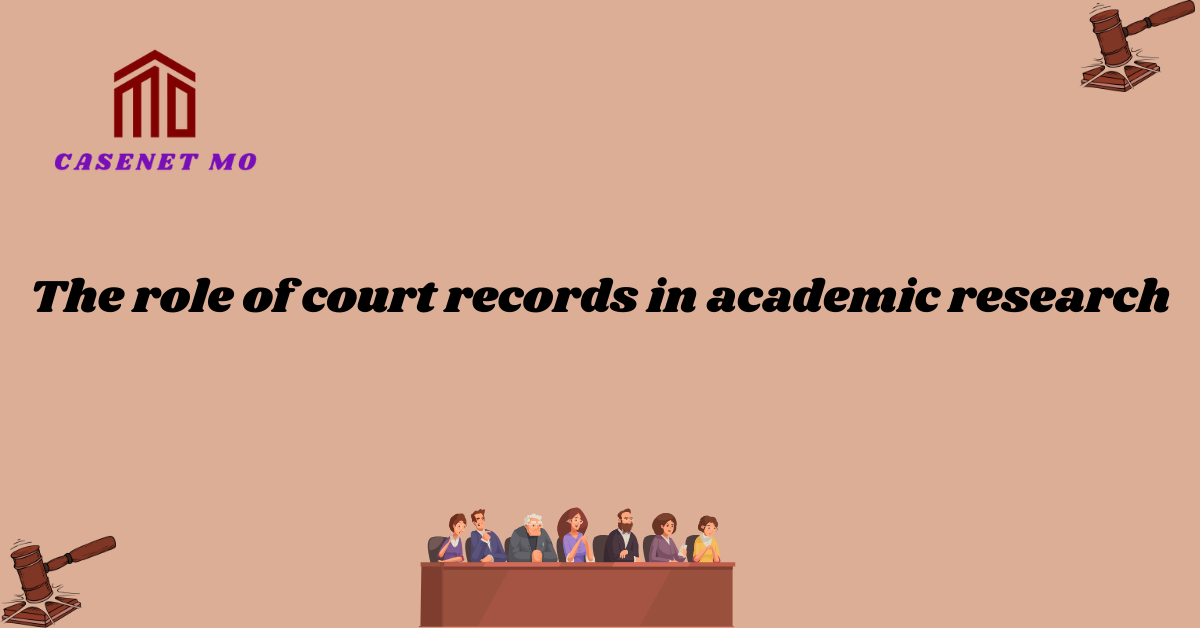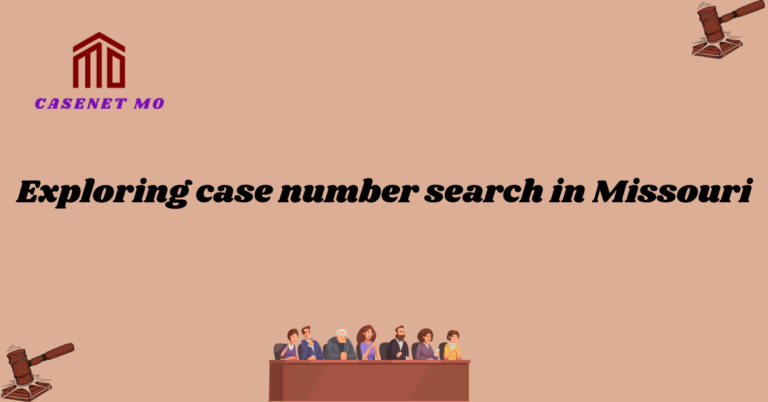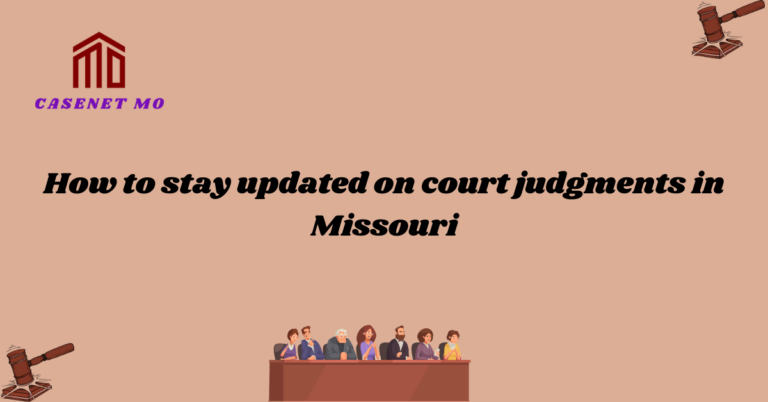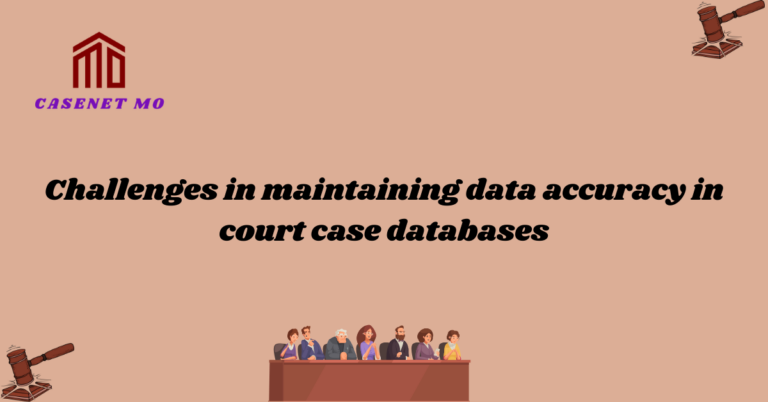The role of court records in academic research
When it comes to academic research, one often overlooks the wealth of information that can be found within court records. These invaluable resources provide a unique window into the past, allowing researchers to delve deep into historical events, legal proceedings, and societal changes. From the intricate details of famous trials to the everyday disputes of ordinary citizens, court records offer a fascinating glimpse into the fabric of our society.
By examining court records, researchers can uncover a treasure trove of primary source material that can shed light on a wide range of topics. Whether studying the impact of landmark Supreme Court cases on civil rights, analyzing the evolution of legal standards, or tracing the genealogy of a long-lost ancestor, court records provide a rich tapestry of information waiting to be explored.
Exploring Historical Events
One of the most fascinating aspects of delving into court records is the ability to explore historical events in great detail. From high-profile trials that captivated the nation to lesser-known cases that still hold significance, court records offer a unique perspective on the past. By examining the intricate details of these events, researchers can gain a deeper understanding of the societal, cultural, and political climate of the time.
Uncovering Legal Proceedings
Court records not only provide a window into historical events but also offer a comprehensive view of legal proceedings. Whether it’s studying the development of legal standards or analyzing the impact of landmark Supreme Court cases, these records offer a wealth of primary source material. Researchers can trace the evolution of legal principles, examine the arguments presented by lawyers, and explore the reasoning behind judicial decisions.
Tracing Societal Changes
One of the most intriguing aspects of court records is their ability to shed light on societal changes. By examining the everyday disputes of ordinary citizens, researchers can gain insight into the social dynamics of the time. From property disputes to family matters, court records provide a vivid snapshot of the challenges and conflicts that shaped society. By studying these records, researchers can uncover patterns, trends, and shifts in societal norms.
Analyzing Famous Trials
Court records also offer a captivating glimpse into the intricacies of famous trials that have left a lasting impact on society. From criminal cases that have captured the public’s attention to landmark civil rights trials, these records allow researchers to dig deep into the details. By analyzing the arguments, testimonies, and verdicts, researchers can gain a nuanced understanding of the legal and social implications of these trials.
Tracing Genealogy and Personal Histories
For those interested in tracing their family history, court records can be an invaluable resource. From wills and probate records to divorce and adoption proceedings, these records can provide crucial information for constructing a comprehensive family tree. By piecing together the legal and personal narratives found within court records, researchers can gain a deeper appreciation for their ancestors’ lives and the challenges they faced.
FAQS
What are court records and their role in research?
Court records are official documents that detail legal proceedings, decisions, and actions taken within a court of law. They include transcripts, case summaries, judgments, and other relevant information. In academic research, court records serve as valuable primary sources, providing researchers with authentic and comprehensive data on legal cases. Scholars often use these records to analyze legal trends, study judicial decision-making, and explore the impact of legal precedents on society.
How does academic research gain from using court records?
Various academic disciplines utilize court records. Legal scholars examine these records to understand the evolution of legal principles, while sociologists may use them to explore the impact of legal decisions on social structures. Historians rely on court records to reconstruct past events and societal norms. Additionally, researchers in fields such as criminology, political science, and public policy often turn to court records to investigate patterns in crime, legislative outcomes, and policy effectiveness.
How to access court records for research?
Access to court records varies by jurisdiction. In many cases, court records are public documents and can be obtained from the relevant courthouse or through online databases. Researchers can also access court records through legal research platforms, government archives, or specialized databases. However, some sensitive or sealed records may have restricted access. Researchers should be aware of privacy laws and ethical considerations when working with court records.
What hurdles confront researchers using court records?
Challenges may include incomplete or redacted information, difficulties in accessing certain records due to privacy concerns, and variations in record-keeping practices across jurisdictions. Researchers must also be cautious about potential biases in court records, as they may not fully represent the experiences of marginalized groups. Additionally, deciphering legal language and understanding complex legal concepts can pose challenges for researchers from non-legal backgrounds.
How do court records impact legal scholarship and policy?
Court records offer a foundation for legal scholarship by providing empirical evidence for legal theories and principles. Researchers can analyze patterns in judicial decisions, identify inconsistencies or gaps in the law, and propose reforms based on their findings. The insights gained from studying court records contribute to evidence-based policy recommendations, helping policymakers understand the real-world implications of laws and judicial decisions and informing the development of more effective and equitable legal frameworks.
Conclusion
Court records offer a rich tapestry of information waiting to be explored. From historical events to legal proceedings and personal histories, these records provide a unique and invaluable insight into the fabric of our society. By harnessing the power of primary source material found within court records, researchers can uncover hidden stories, challenge existing narratives, and contribute to a deeper understanding of our collective past.







